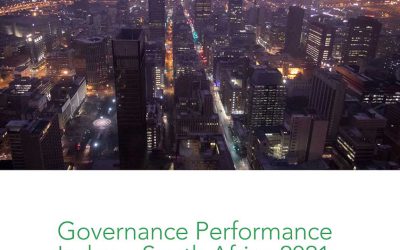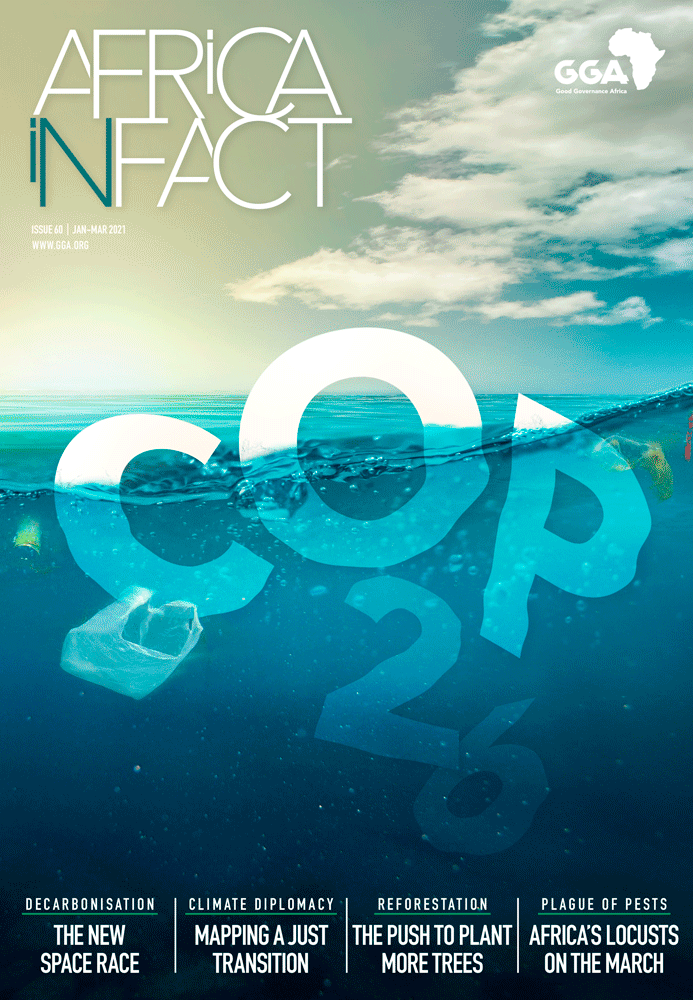What is the focus of this GGA Programme?
Articles from this programme
The private sector can help ensure local-level stability in South Africa
At the forefront of debates about the functioning of local government in South Africa is a question of stability. This discourse is understandably dominated by the attention given to political...
Governance measurement in Africa gets more refined
Last month, the World Bank’s Worldwide Governance Indicators project released an update of their composite measures of governance performance. There have been more than 20 updates to the project...
Going hungry or going green? A critical look at the ‘Green Revolution’ project in Africa
Since the development of “miracle wheat” in 1954 by Norman Borlaug, the way in which international organisations support and invest in agriculture has changed dramatically. The narrative goes that...
Governance Performance Index
Governance Performance Index – South Africa 2021 It is abundantly clear that local municipalities in South Africa are, on average, not delivering on their constitutional mandate. Many are on the...
The impact of South Africa’s governance response to COVID-19
When COVID-19 first struck, South African policymakers reacted promptly and implemented one of the world’s strictest lockdowns for five consecutive weeks. Despite that, and a slow release of the...
Desert locust outbreak highlights gaps in risk governance
The desert locust outbreak requires several levels of response from national and regional governance structures. We know that environmental disasters are a function of our disregard for the...
READ BETWEEN THE LINES
Sign-up to our newsletter to get the inside track on Africa
Governance Insights and Analytics
Our governance insights and analytics (GIA) team is the primary custodian of the Africa Digital Databank (ADD). The ADD regularly ingests new data sources through our proprietary API tool. Our GIA team ensures the optimal functionality of the ADD. Driven by the ADD, we are also the engine room for building GGA’s monthly Intelligence Reports. These reports provide key insights for private sector decision-makers into Environmental, Social and Governance (ESG) performance across the continent and serve as a foundation for our advisory arm.
Furthermore, we provide research design and methodological support, along with insights and analytics to the other three research streams, which equips those teams to produce high-quality research products. There is a vital feedback loop between the research streams and the GIA team, in that we not only provide insights and analytics to those streams but produce graphics and relevant animations to drive our audience’s attention to the key governance matters of the day. This ensures that the work produced by the research teams does not gather cyber-dust but rather gains maximum exposure, appropriately targeted at the stakeholders we are trying to influence.
Finally, the GIA team is responsible for managing our Governance Coefficient product, which evaluates the relationship between two relatively independent governance variables – government effectiveness and citizen power. We show that, notwithstanding a few exceptions, countries that perform relatively well on these two scores tend to enjoy higher GDP per capita over time.








